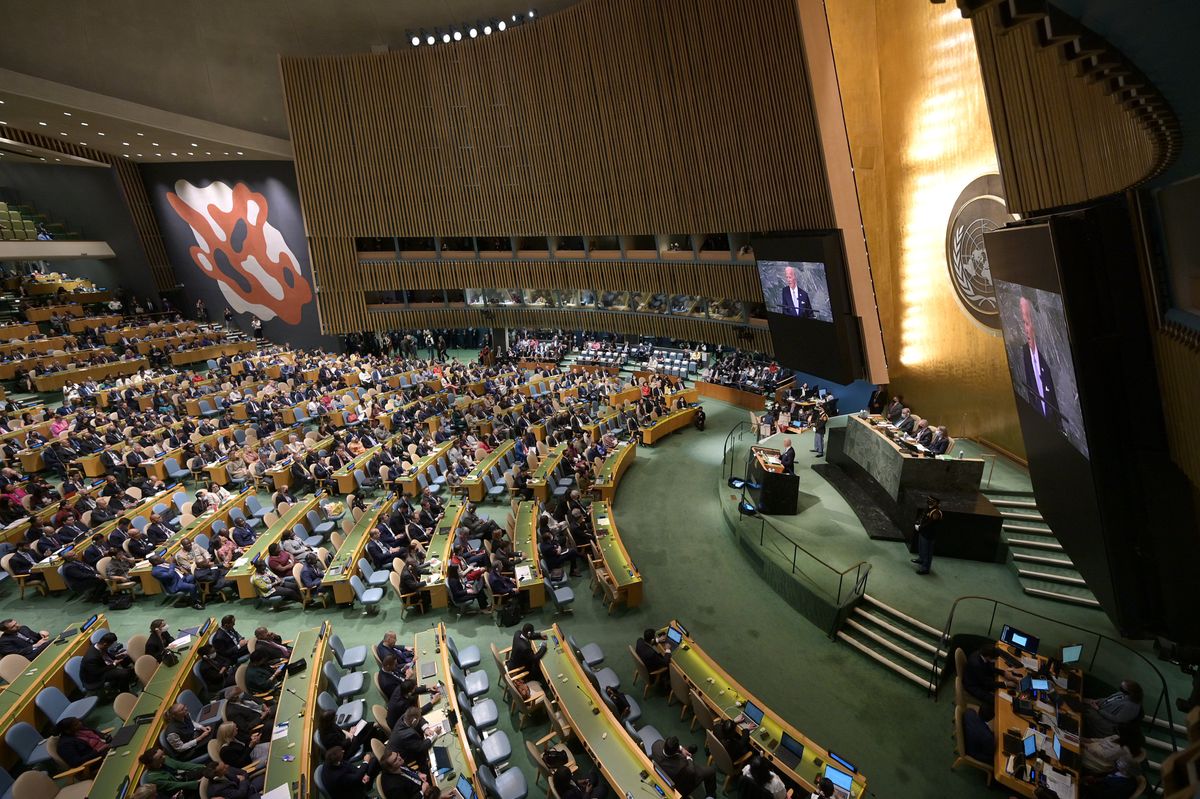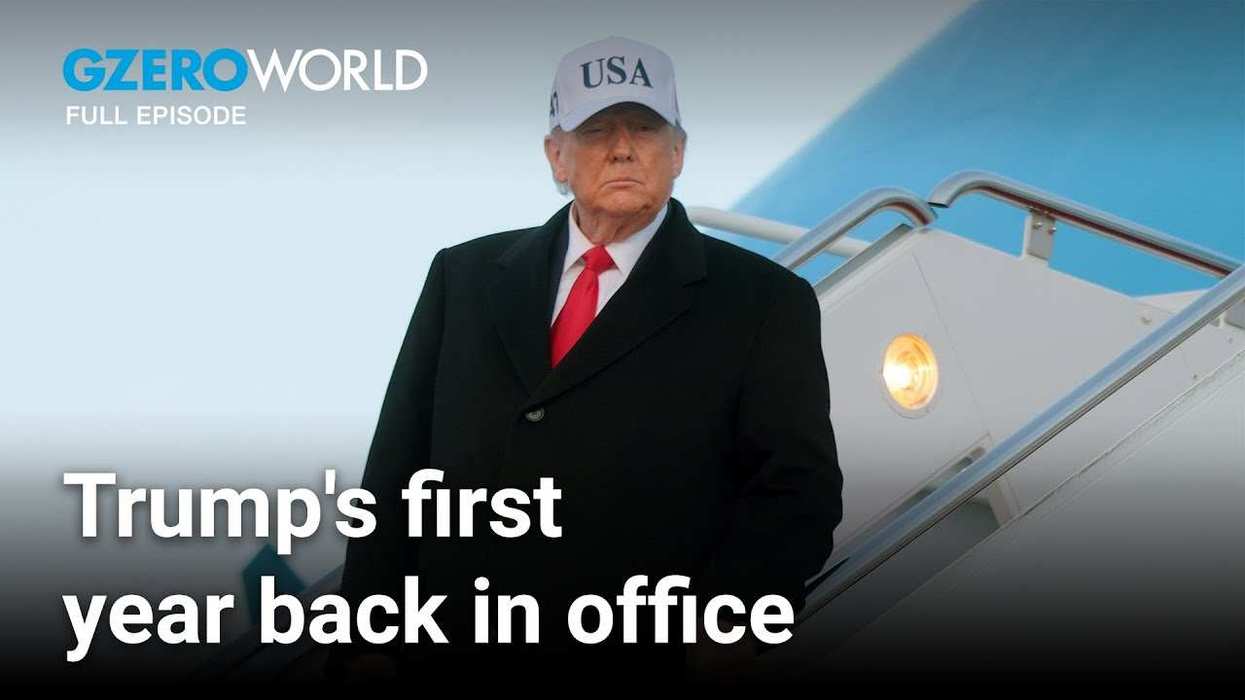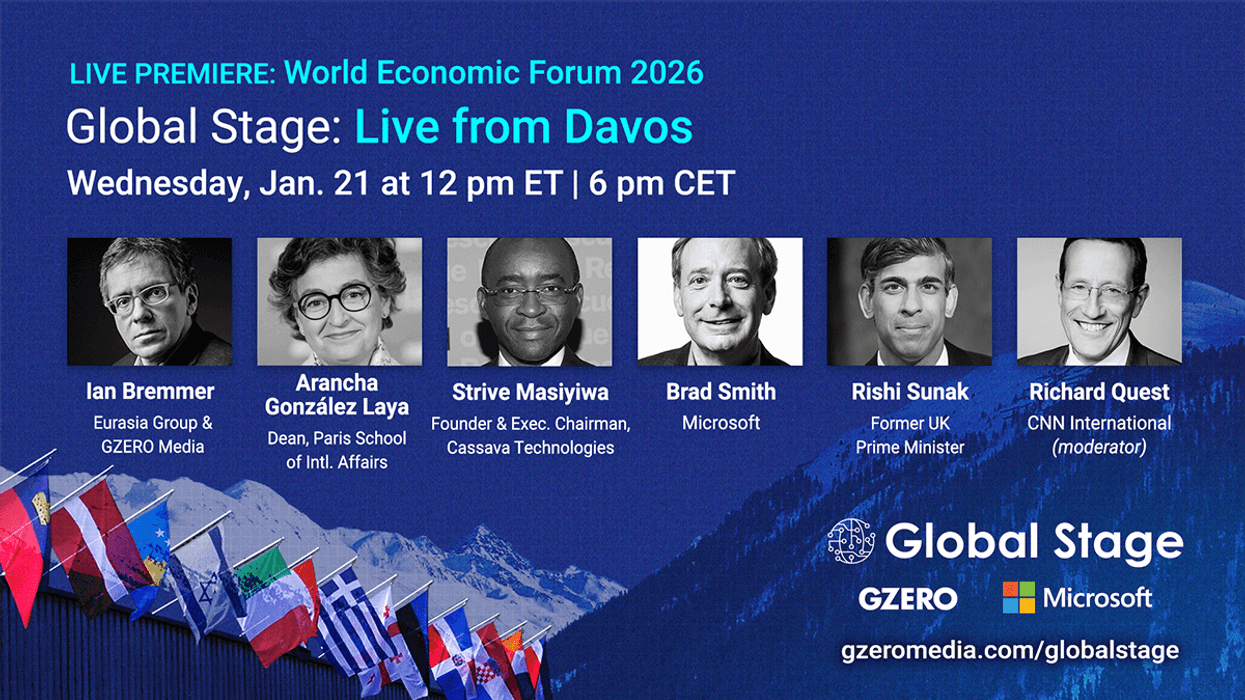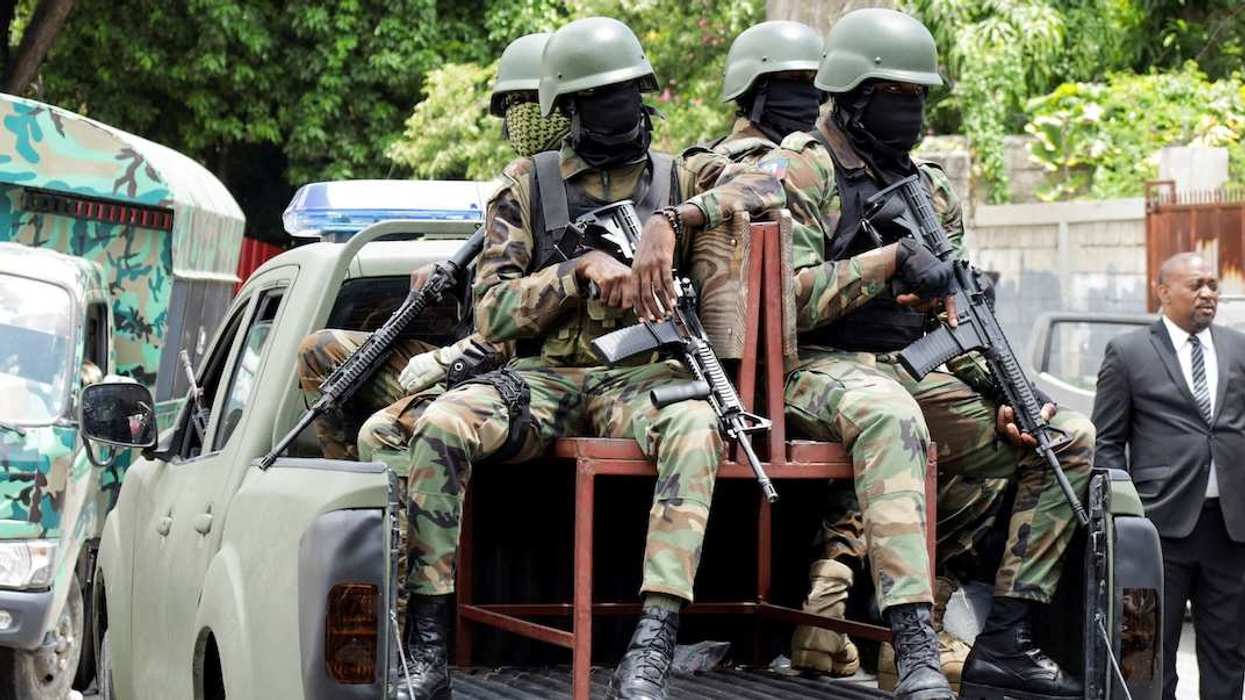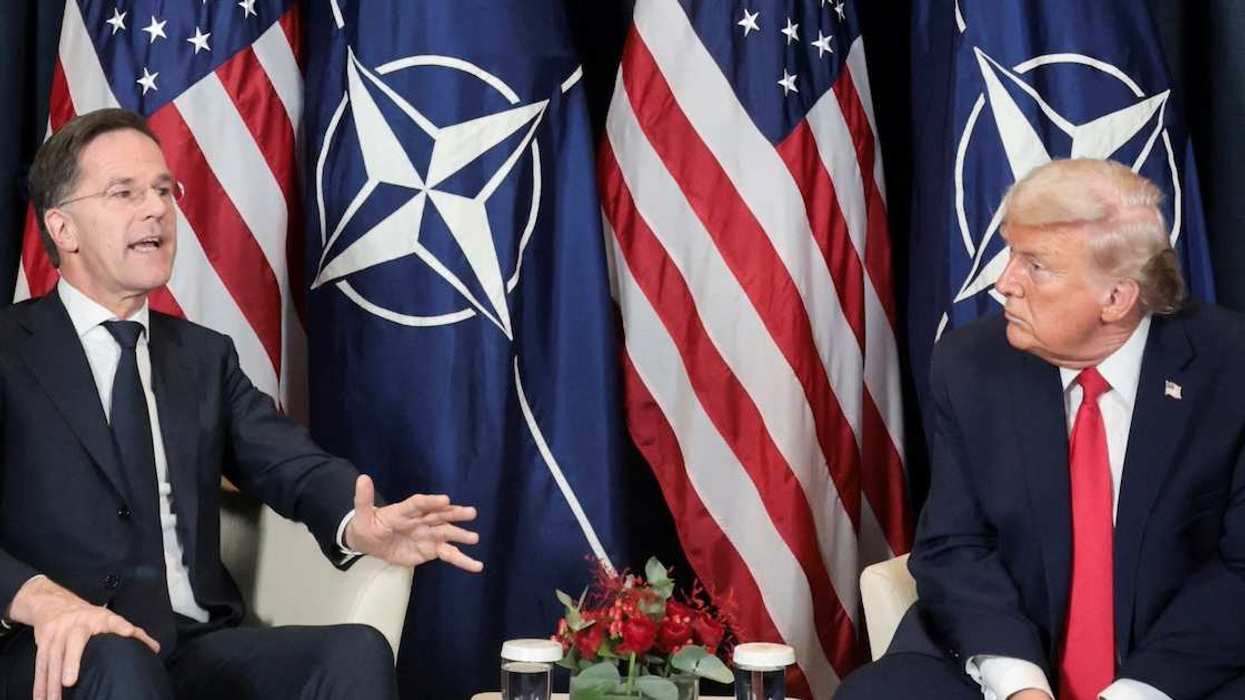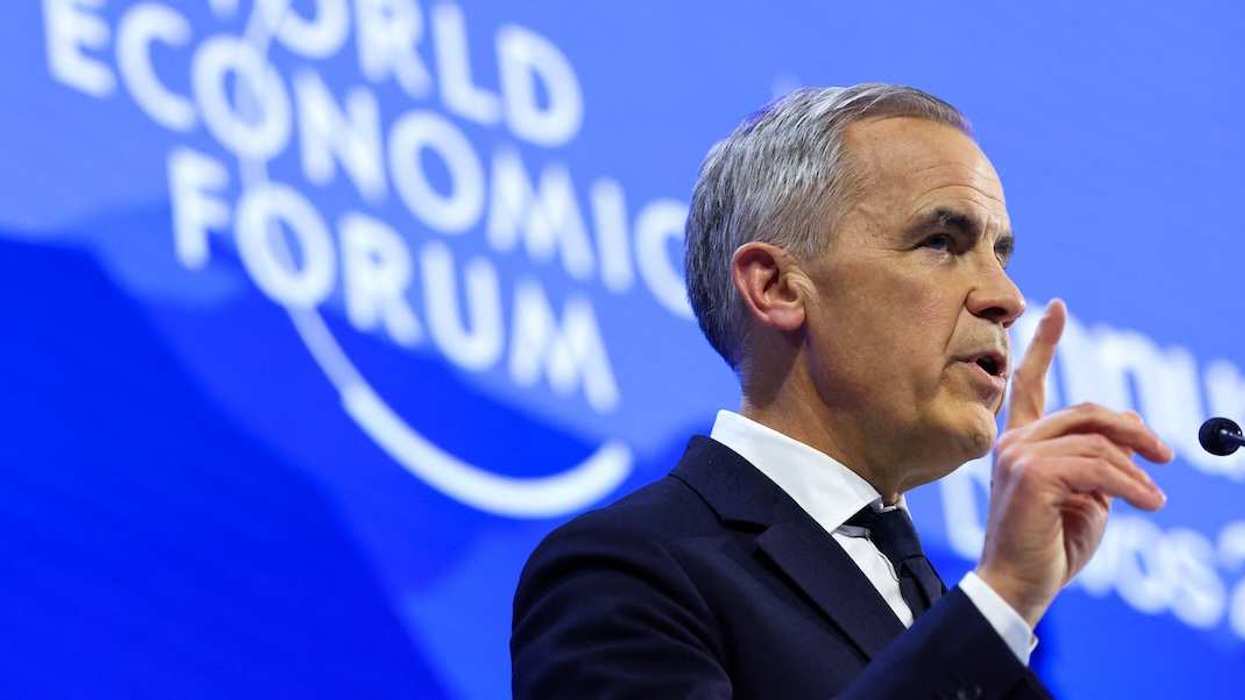New Yorkers, get ready for terrible traffic, because the big show is in town.
World leaders are about to start pouring in for the United Nations General Assembly’s high-level session, the annual global event where leaders from countries great and small gather to have their say about the world’s toughest issues. (Though sometimes they use the moment to suggest the US president is Satan or to share their views on the JFK assassination).
The sleek mid-century modern architecture, massive cubist murals, and vast diversity on display can give the event a bit of a sci-fi vibe, but the scale of problems makes it hard to feel Star Trek-esque techno-optimism. Here’s a quick breakdown of the biggest issues for this “UNGA” as politics nerds call it:
The War in Ukraine and Global Hunger. Ukrainian President Volodymyr Zelenskyy has confirmed he will speak in person in New York. Also in likely attendance: Russian Foreign Minister Sergei Lavrov. There’s sure to be some careful choreography to prevent a spontaneous meeting, but the UN also wants to bring the two sides together to renew the Black Sea grain export deal, which Russia ditched back in July.
When Russia pulled out it put severe pressure on food prices, particularly for low-income countries in Africa that rely on Ukrainian grain. It doesn’t help that the World Food Program is suffering a budget shortfall that could force it to cut food aid to 24 million people — forcing the world into a “doom loop” of hunger.
U.N. Secretary-General Antonio Guterres told Eurasia Group President Ian Bremmer he would continue leading talks with Turkey, Russia and Ukraine to revive the deal, but set expectations low in the short term.
Sustainable Development Goals in rough shape. Way back in the halcyon days of 2015, every single UN member state agreed to a set of 17 development benchmarks to achieve by 2030 that would help fight climate change while also fostering economic growth. Halfway to the deadline, the UN’s own report on the progress paints a bleak picture.
Progress on half of the targets is insufficient, and another 30% have stalled or even regressed. The number of people living in extreme poverty, for example, is rising for the first time in a generation and is on track to reach 575 million by 2030.
Secretary-General Guterres said that fixing this is UNGA’s “most important objective,” but not everyone is convinced about the U.N.’s credibility on climate. Former U.S. Vice President and climate activist Al Gore tore into what he called the “capture” of UN negotiations on climate change by the fossil fuel industry. You can see Gore’s point: The United Nations’ next big climate change conference will be held in Dubai, led by oil magnate Sultan Al-Jaber.
Can the Security Council be fixed? Probably not. There will be lots of talk about updating the Security Council’s membership to reflect the world as it is in 2023, rather than as it was at the end of World War Two, when it was created.
U.S. President Joe Biden expressed support for reforming the body last year, possibly adding countries like Brazil, India, and Japan to reflect their importance in world affairs.
There is precedent for expanding the council, as 4 non-permanent seats were added in 1965. The issue with any attempt to reform is the same, though: any permanent member can veto any resolution before the council. Should Russia or China feel adding a member would be against their best interest — and if China’s rivals India and Japan are in play, they likely would — the whole thing gets squashed.
Where’s Xi Jinping? The Chinese President, Xi Jinping, won’t attend, and neither, reportedly, will his top diplomat Wang Yi. Instead, China is sending Vice President Han Zheng, whose role is mostly ceremonial.
That could complicate US hopes to firm up details about hosting a Biden-Xi summit later this year. It also hints at some possible rudderlessness behind the scenes in China’s foreign ministry following the disappearance and public dismissal of former Foreign Minister Qin Gang.
The upshot: Hope never dies. Corralling nearly two hundred countries toward consensus on any given subject, much less ones as thorny as climate change and the invasion of Ukraine, is a daunting and often thankless challenge — but one that would be all the harder without multilateral fora like the United Nations.
Ahead of the gathering, UN Secretary-General Antonio Guterres expressed cautious determination in his interview with Eurasia Group President Ian Bremmer.
“Hope is the thing that never dies, but it will not be easy,” he said. “We are in an era of escalation, not an area of easy solution.”
